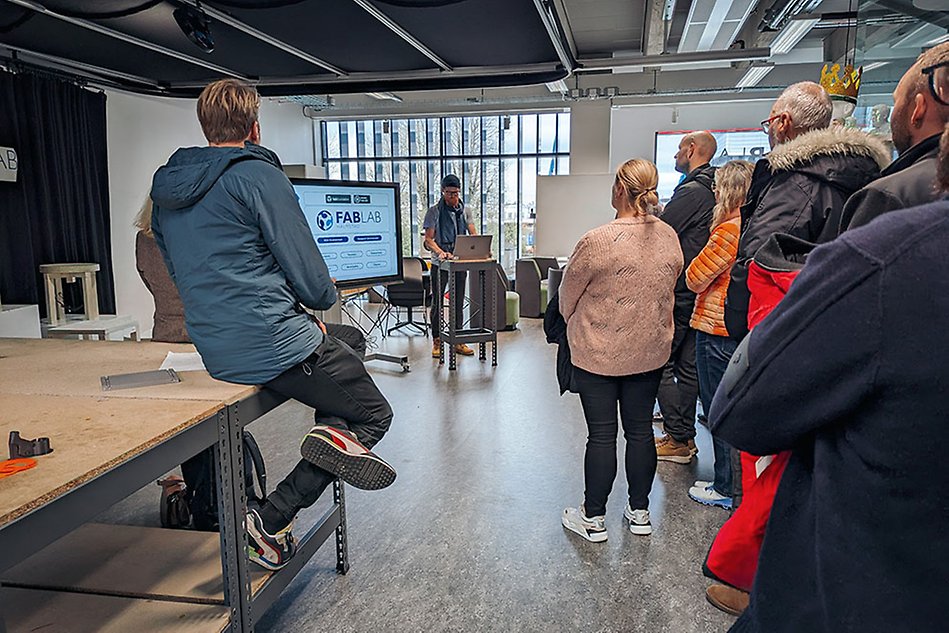Life Science Academy supports new companies in the health technology area
Health technology, an important part of life science, is an industry that can be difficult for start-ups and small companies to establish themselves in. Extensive regulations, a complex market with payment models that differ between countries and high demands on function and quality are just a few of the challenges. Therefore, the Life Science Academy project wants to support new companies based on their competence needs. The project is currently developing the tools and offers to help the companies take on challenges.
The Life Science Academy project started on 1 August 2023, where the University, through the School of Business, Innovation and Sustainability (FIH) is one of eleven partners. The project is financed by Interreg Kattegatt-Skagerack. During the project, they will develop various work packages to support companies. The University is managing the work with the first work package, which is about developing tools and offers to help companies with some of the important pieces of the puzzle needed to enter the market. An important part is developing a tool to evaluate the companies' strengths and weaknesses.
”Genom att hjälpa företagen att identifiera sina styrkor och svagheter kan de själva bli medvetna om behov av kompletterande kompetenser, men också få tillgång till ett stort nätverk genom projektets alla aktörer.”
Richard Grönevall
“It often takes 10–15 years for a product to reach the market, and it is common for small actors to have difficulty getting their innovations to survive the tortuous path. By helping the companies to identify their strengths and weaknesses, they can become aware of the need for complementary skills, but also gain access to a large network through all the project's actors,” says Richard Grönevall, Lecturer in Product Development and Innovation, and the University’s work package leader in the project.

The consortium visited the FabLab in October.
The tool will be used to identify companies’ needs, such as skills development or support in developing prototypes. The companies will then be able to work on their design and product development issues with experts in the field and with the help of infrastructure such as Fab Lab or one of the other facilities within the project. The project also collaborates internally at the University with Leap for Life, to enable potential added value by including different projects in the field.
Intensive development phase
The entire consortium met at the University in October, where the work on developing the tool started. All partners from Sweden, Norway and Denmark were represented, and Richard Grönevall chaired the meeting. The work with the package continues with meetings in Lund and Copenhagen during the year.
The project group hopes the work during this first phase will result in a ’360-tool’ and several offers with the potential to help companies move forward. Afterwards, companies that want to participate in the project will be invited.
Text: Anna-Frida Agardson
Photo: Lina Lundgren
Project members from the University
- Richard Grönevall
- Lina Lundgren
- Fabio Gama
- Héléne Laurell
- Elin Jonsson
- Martin Bergman
- Joakim Wahlberg
- Jeaneth Johansson
Project partners
Sweden
- SMILE Incubator
- Halmstad University
Norway
- The Life Science Cluster
Denmark
- Erhvervshus Sjælland
- Medicon Valley Alliance
- FIERS
- DTU Skylab
- Teknologisk Institut
- Syddansk Universitet
- Odsherred Kommune
- Knowledge Hub Zealand

